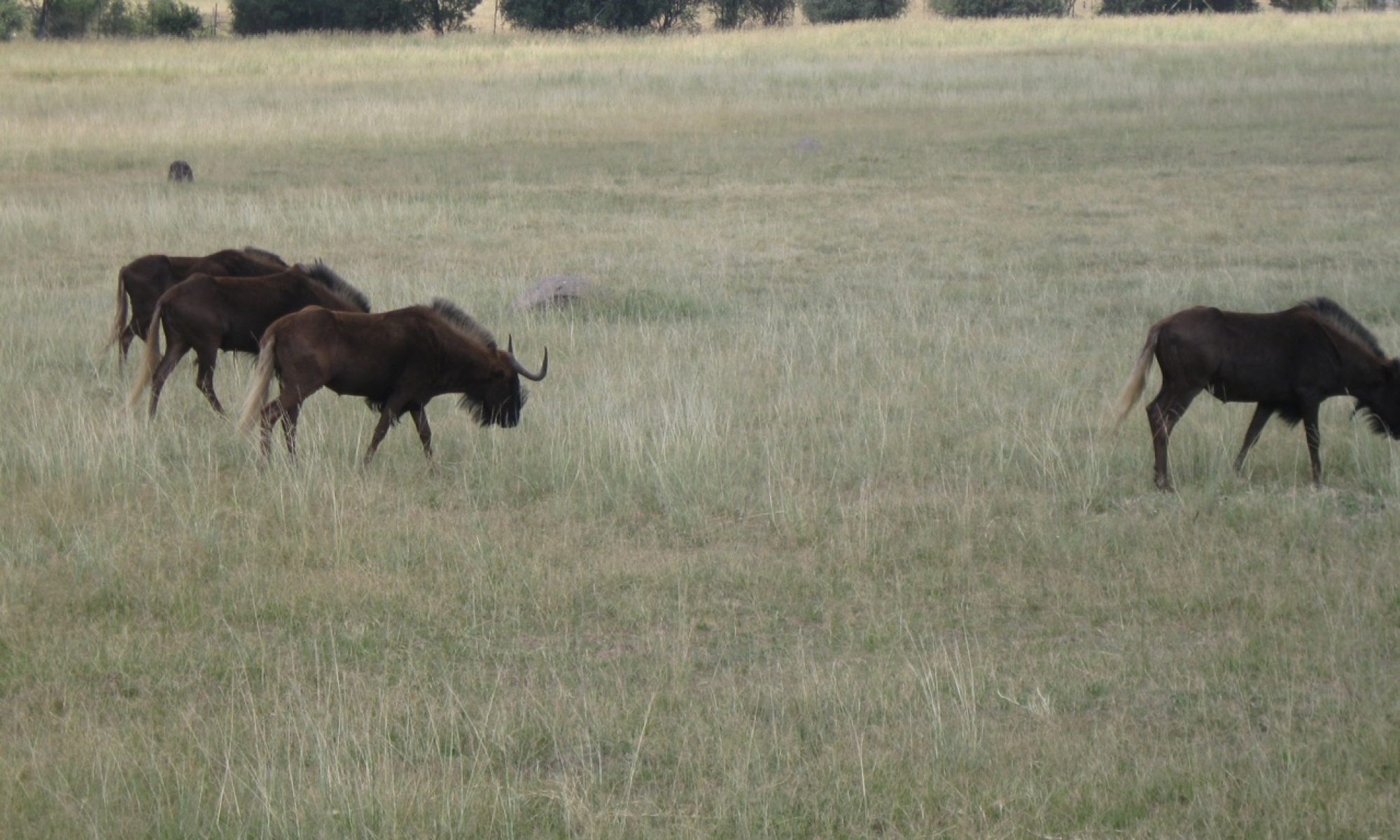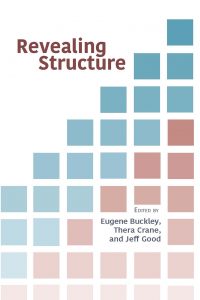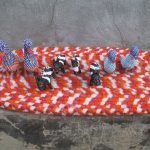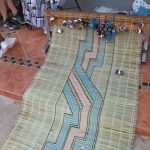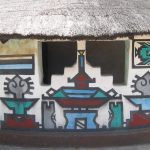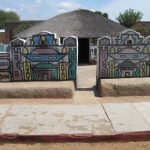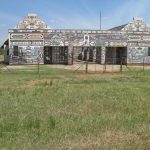I am very pleased to be one of the newest members of the Helsinki Institute of Sustainability Science, a multidisciplinary research group at the University of Helsinki that was established in January 2018. It’s exciting to be part of a group that approaches sustainability issues from holistic perspectives, and to have opportunities to collaborate on projects working towards global environmental and social justice. Below are paraphrased excerpts from my application to Institute.
Language documentation involves not only ‘preserving’ languages for diversity research purposes or the use of heritage speakers, but also working to empower individuals and speaker communities to be advocates for their linguistic rights and make their own decisions about language use. Linguistic rights issues are complex because they involve many actors, competing values, and limited resources. In addition, the multilingual settings in which many minority languages are spoken present numerous challenges for implementing sound language policies.
Education and the empowerment of minority communities are intertwined. Both are crucial for other sustainability efforts in which marginalised communities are involved as primary agents and not merely as the recipients of aid or the objects of externally imposed sustainability policies.
